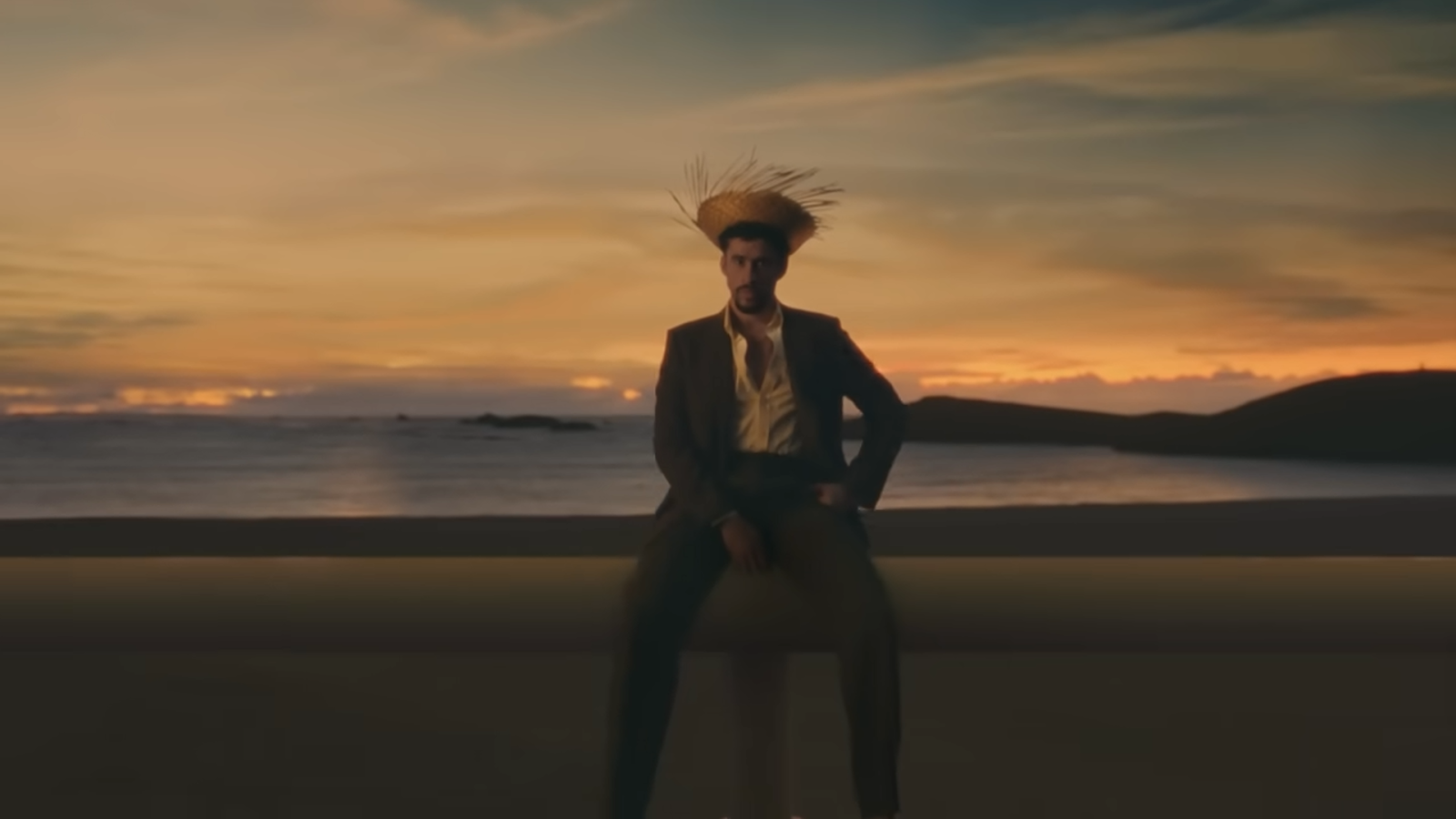The National Football League (NFL) announced that Puerto Rican artist Bad Bunny will headline the 2026 Super Bowl Halftime Show, a decision that has sparked mixed reactions among fans and commentators.
Explainer Supreme Court Allows Mississippi's Social Media Age-Verification Law to Proceed
Bad Bunny, whose real name is Benito Antonio Martínez Ocasio, is known for his influence in the Latin music scene and has garnered a significant international following. In a statement from the NFL, he expressed his excitement about the performance, saying, "What I’m feeling goes beyond myself. It’s for those who came before me and ran countless yards so I could come in and score a touchdown… this is for my people, my culture, and our history. Ve y dile a tu abuela, que seremos el HALFTIME SHOW DEL SUPER BOWL."
What I’m feeling goes beyond myself. It’s for those who came before me and ran countless yards so I could come in and score a touchdown… this is for my people, my culture, and our history. Ve y dile a tu abuela, que seremos el HALFTIME SHOW DEL SUPER BOWL.
The selection of Bad Bunny has raised eyebrows, particularly among critics who argue that his political views may not resonate with a significant portion of the American audience. Some have pointed to his previous comments about U.S. immigration policies and his criticisms of U.S. officials as reasons for concern.
Earlier this month, Bad Bunny stated that his decision to abstain from touring in the U.S. was influenced by worries about Immigration and Customs Enforcement (ICE) targeting foreign nationals at his concerts. He remarked, "There were many reasons why I didn’t show up in the US, and none of them were out of hate."
There were many reasons why I didn’t show up in the US, and none of them were out of hate.
Critics have also highlighted his past remarks regarding his disdain for ICE, including a social media post where he expressed frustration about an ICE operation in Puerto Rico. This has led some to question the NFL's choice of performer for one of its most-watched events.
Supporters of Bad Bunny, however, argue that his selection reflects the NFL's commitment to diversity and its efforts to reach broader markets, particularly among Latino audiences. The NFL has been actively working to expand its global presence and appeal to a wider demographic.
The NFL's decision comes amid ongoing discussions about the league's stance on social issues. Since the protests following George Floyd's death in 2020, the NFL has incorporated various social justice messages into its programming, including the playing of the "black national anthem" at games.
Some fans have expressed disappointment over the choice of Bad Bunny, suggesting that the NFL could have selected a performer with broader appeal. Critics argue that the league's continued focus on political themes may alienate segments of its fanbase.
As the 2026 Super Bowl approaches, the NFL's choice of Bad Bunny will likely continue to be a topic of debate, reflecting the intersection of sports, culture, and politics in America today.
Why it matters
- Bad Bunny's selection for the Super Bowl Halftime Show highlights the NFL's push for diversity and appeal to Latino audiences.
- The decision has sparked debate over the intersection of sports and politics, reflecting ongoing cultural tensions in America.
- Critics question the NFL's choice due to Bad Bunny's political views, which may not resonate with all fans.
- Supporters argue that Bad Bunny's influence in Latin music represents a significant cultural moment for the NFL.
What’s next
- The National Football League (NFL) announced that Puerto Rican artist Bad Bunny will headline the 2026 Super Bowl Halftime Show, a decision that has sparked mixed reactions among fans and commentat...
- In a statement from the NFL, he expressed his excitement about the performance, saying, "What I’m feeling goes beyond myself.
